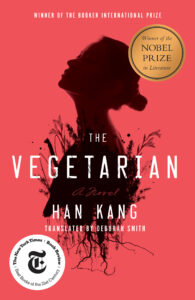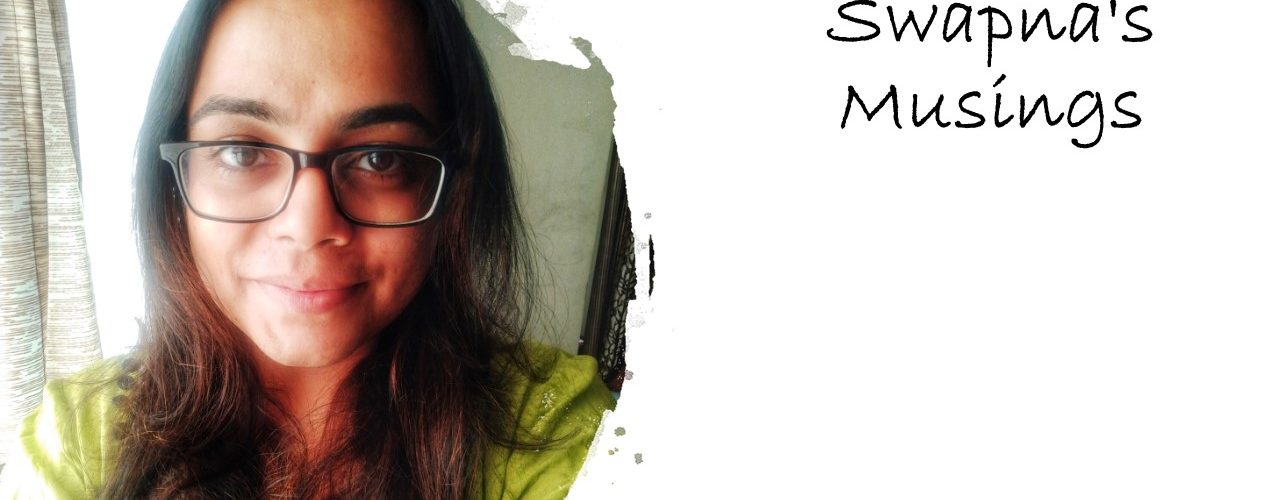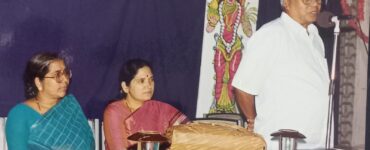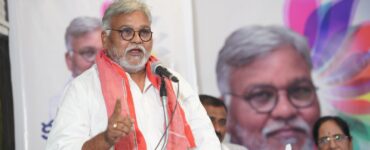Han Kang, the South Korean author awarded the 2024 Nobel Prize in Literature, gained international acclaim for her best-selling novel The Vegetarian. This groundbreaking work, which won the 2007 Man Booker International Prize, delves deeply into themes of identity and societal constraints. At its core is the haunting story of Yeong-hye, a woman whose choice to renounce meat sets off a chain reaction of familial discord and psychological unravelling, cementing the novel’s status as a modern literary masterpiece.
To delve deep into Han Kang’s “The Vegetarian” originally written in Korean language by Han King, translated into English by Deborah Smith is a rewarding experience, an unsettling yet mesmerizing experience. The novel gripped me from the start with its exploration of identity, autonomy, and societal norms, all centred around Yeong-hye, a woman whose decision to stop eating meat disrupts her life and that of her family. Divided into three sections, each narrated by a different character, the story provides a layered and thought-provoking look at how her rebellion ripples through those around her. 
What struck me most was the narrative structure. By presenting the story through the perspectives of Yeong-hye’s husband, brother-in-law, and sister, Han Kang creates a multifaceted portrait of her transformation. Each narrator offers a unique viewpoint—Mr. Cheong’s detached frustration, the brother-in-law’s disturbing obsession, and In-hye’s empathetic struggle—which deepened my understanding of Yeong-hye while highlighting how personal biases colour perception. This approach made me reflect on the difficulty of truly knowing another person.
Yeong-hye’s refusal to eat meat resonated with me as a powerful act of defiance. In her cultural context, where conformity is often demanded, her choice becomes a radical statement against societal and familial expectations. It’s not just about food—it’s about autonomy and rejecting the roles imposed on her. The reactions of her family, from anger to manipulation, revealed the fear and resistance that often accompany challenges to deeply ingrained norms.
As I read on, it became clear that Yeong-hye’s vegetarianism was more than a dietary choice; it was tied to her mental health struggles. Her increasing isolation and descent into madness were heartbreaking to witness. I was particularly moved by her yearning to escape the violence of human existence, even fantasizing about becoming a plant. Her story made me think about how society often fails those who deviate from its expectations, labelling them as outcasts instead of offering understanding or support.
What I found unforgettable was Han Kang’s ability to blend beauty with grotesqueness in her prose. The vivid imagery stayed with me long after I finished the book, both haunting and thought-provoking. The comparisons to Kafka’s work felt apt—this is a deeply allegorical novel that challenges our understanding of power, obsession, and autonomy. I appreciated how the story pushed me to examine my perceptions of normalcy and how society enforces conformity.
“The Vegetarian” left a profound impact on me. It’s not just a story about rejecting meat; it’s an exploration of the human condition, the cost of individuality, and the quiet, desperate struggle for autonomy. Han Kang weaves these themes into a narrative that is as haunting as it is compelling. This is a book that lingers, challenging readers to confront uncomfortable truths about identity, control, and the sacrifices demanded by a patriarchal society. Through vivid prose and allegorical depth, Han Kang addresses themes of rebellion, mental health, and the violence inherent in societal norms. Her success underscores the rising prominence of South Korean literature on the global stage and its ability to resonate with universal human experiences.
I can’t recommend it enough to those who appreciate deeply thought-provoking and emotionally resonant literature.
*









Add comment